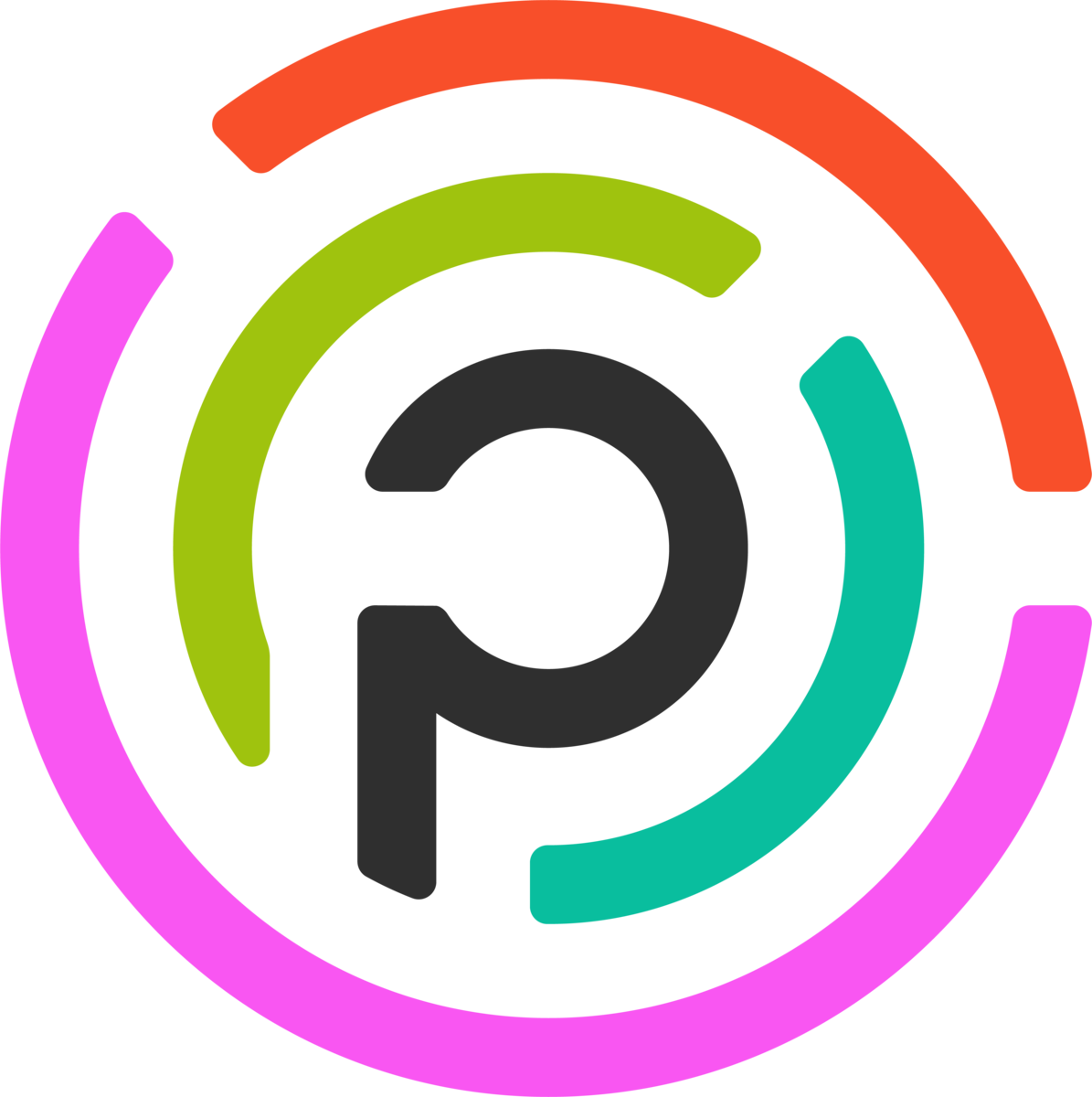A kid is blowing up on Twitter(X) and Reddit.
Technically, the kid is the 26-year-old CEO of Cognition AI, a startup that recently raised $21 million from Peter Thiel, and created the world’s first AI software engineer (not to be confused with a human engineer who works in AI).
The name’s Scott Wu – you might’ve heard of him in the past few days if you’re tuned in to tech news.
So why did I call him a kid?
Well, what went viral was a clip of Scott at 12 years old in a math contest, demonstrating problem-solving skills and speed that rival an actual AI’s… and annihilating his opponent.

Source: Twitter(X)
Tech executives and AI influencers are in awe. Serial entrepreneur, Shaan Puri, suggested that this video is the only tool Scott needs to attract investors to his company.
Some even quipped that Scott really is Devin, the name of the AI programmer his company invented, referring to his lightspeed problem-solving skills.
But don’t be fooled.
Scott is smart as a whip, but what he did at that math contest is the combination of:
Even the speed at which he read the problem description, which many people marveled at, comes with thousands of hours of training.
Scott held an AMA three years ago and confirmed this — when asked how much practice he’d done, he answered:

Source: Codeforces
There you have it.
We may live in the future, but the lesson’s as old as time.
A competitive edge
Way before founding Cognition AI (and making programmers everywhere rethink their job security), Scott, and many of his staff, had been competing in coding competitions.
They’re called sport coders — those who compete against others to solve complex coding puzzles with speed and accuracy.
I dug up an old scoreboard showing Scott’s three gold medals in the International Olympiad in Informatics (IOI), one of the most prestigious events for high school programmers.
Sport coding can also be a golden ticket to a future in entrepreneurship.
Now let’s address some questions you might have while reading all this. 👇
🤔 Should my kid start participating in coding competitions?
Only if they want to, and show a propensity for it.
We’re not saying that it’s a sure-fire way to get your kid on a secure career path… neither should that be the goal.
Chess could lead to a good career. So can joining a sports team, writing a novel, or getting good with crafts.
The key is to help them explore something they truly enjoy, then nurture the accountability to stick to it, no matter how hard it gets.
That’s the best way to give them a competitive advantage.
🤔 Should my kid still learn to code, if AI could replace programming jobs soon?
Heck yeah.
Programming is bigger than a career path. Paul Graham said in his book Hackers and Painters, “the true beauty of coding lies in the creation of elegant and efficient solutions.”
Learning to code cultivates a mindset that helps your kid become a creative problem solver.
That’s a prerequisite for success in literally any job — especially the job of future entrepreneurs, who will be solving way more complex problems than the ones we’re dealing with today.

